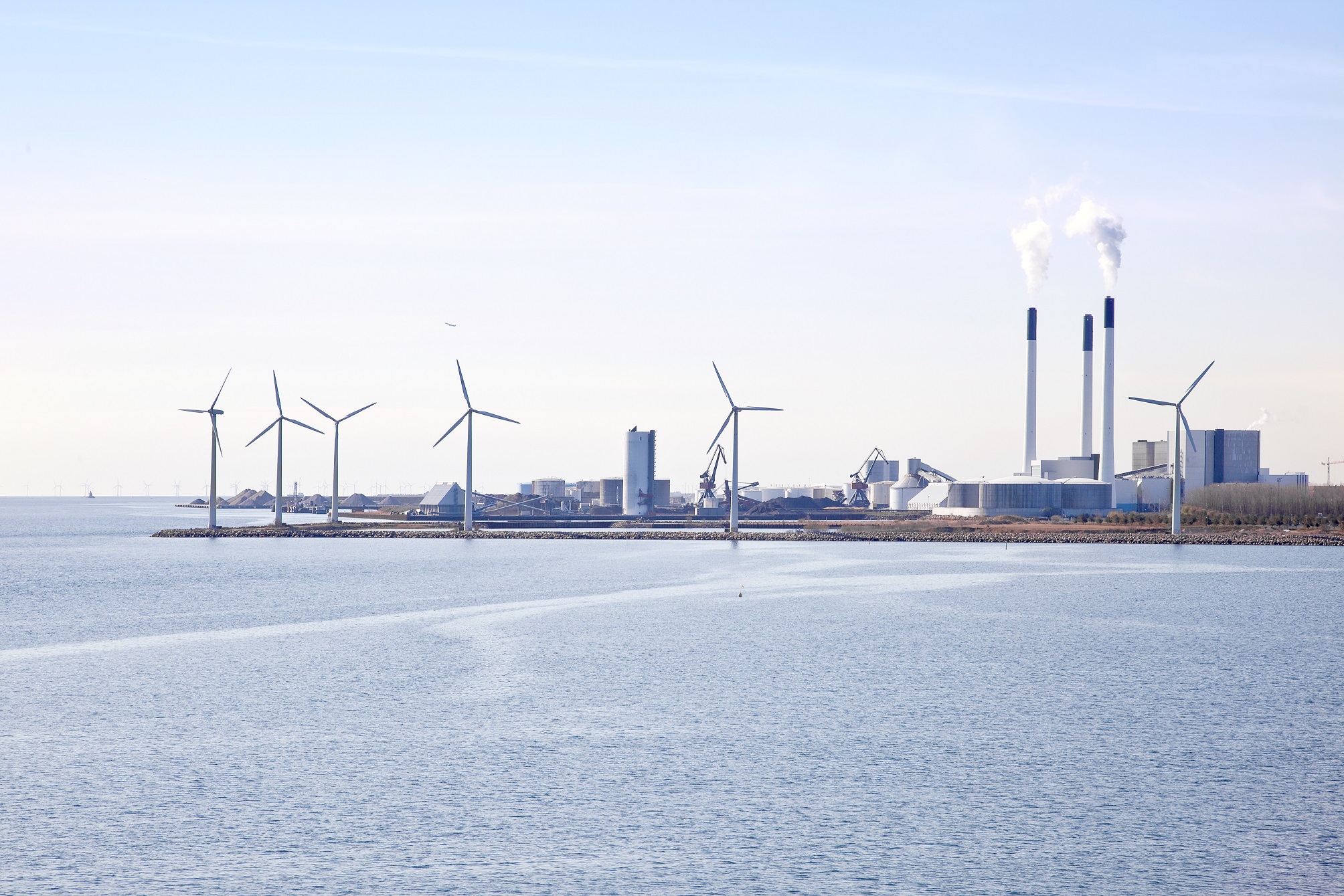Energy storage – key to the renewables revolution
Energy storage is key to an affordable decarbonisation of both the electricity and transport systems.
- In the electricity system, the increasing share of variable renewables, in particular, solar and wind power, requires new and better storage methods.
- In transport, batteries and other storage systems are needed to enable the growth of electric and hydrogen vehicles.
The term “energy storage” covers a wide range of different applications and technologies.
- Utilities use storage systems (and other “flexibility” services) to “balance” demand and supply in the electricity system. Various technologies can be used to provide these services, for example, pumped hydro, flywheels or batteries. For long-term seasonal balancing needs, gas and hydrogen storage systems may also be used.
- “Behind-the-meter” storage systems, e.g. home solar systems with batteries, allow consumers to manage their electricity use better and to increase self-consumption from rooftop PV or other decentralised power systems. In future, the batteries of electric cars may be connected to the power grid and used as storage for the electricity system.
- Electricity storage is also crucial to off-grid, standalone systems based on renewable energy. In particular, in developing countries, off-grid systems can be a solution for people who currently have no access to the main power grid.
Market trends
Energy analysts agree that the energy storage market is set to grow strongly over the coming decades. However, it is not clear yet who the winners in this race will be. Most likely, there will not be one winner, but different solutions will be found for various parts of the market.
A critical issue for the successful development of electricity storage, writes IRENA, will be the ability “to derive multiple value streams by providing a range of services with one storage system. This will enable the stacking of revenue streams and improve project revenues.”
Think tank Bloomberg New Energy Finance (BNEF) closely tracks the development of the global storage market in its Long-Term Energy Storage Outlooks. In the 2019 edition, BNEF writes, “energy storage installations around the world will multiply exponentially, from a modest 9GW/17GWh deployed as of 2018 to 1,095GW/2,850GWh by 2040.” This 122-fold boom of stationary energy storage over the next two decades will require $662 billion of investment, according to BNEF estimates. “It will be made possible by further sharp declines in the cost of lithium-ion batteries, on top of an 85% reduction in the 2010-18 period.”
BNEF predicts, “A further halving of lithium-ion battery costs per kilowatt-hour by 2030, as demand takes off in two different markets – stationary storage and electric vehicles.”
Technologies
Liquid lithium-ion batteries have dominated the battery market for the last few decades. Still, research on other batteries and storage technologies is continuing.
Examples of alternatives are solid-state and redox flow batteries, ultracapacitors and batteries based on different chemistries including zinc, sulfur, sodium, nickel and lead.
In addition, various thermal and heat storage systems are being developed. Heat can even be stored in bricks and concrete. None of these alternative technologies has reached commercial maturity, but experts expect that tipping points may soon be reached that may ultimately alter the dynamics of the storage market. One thing is certain: the market will continue to be dynamic for a long time to come.




